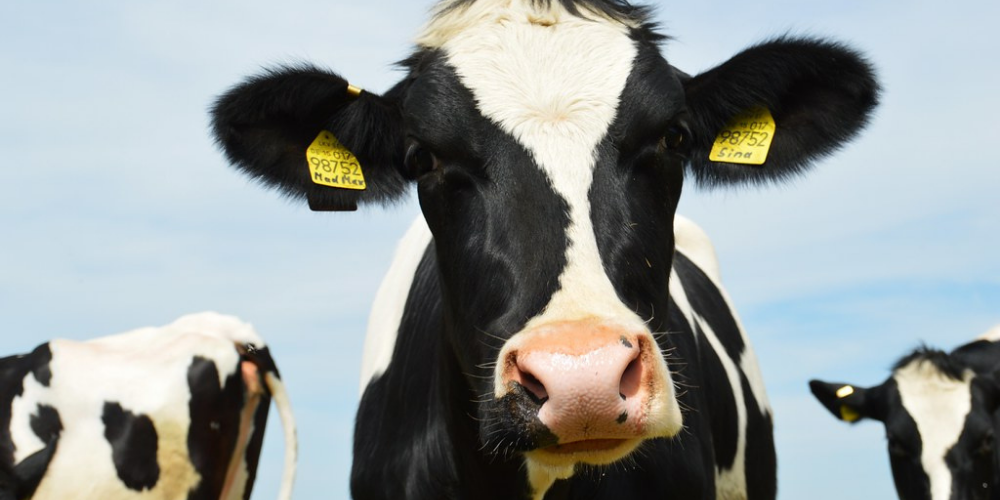FeedBack is a reflections blog authored by the AFI-HQP Grad Scholars on their experiences in the program. Olivia Willoughby, Sarah Rixon, Ibrahim Mohammed and Kurtis Pilkington are 2021 HQP Scholars. The group reflects on the importance of The Livestock Research and Innovation Corporation and their mission to create an effective knowledge transfer system.
Where do you go for help when you’re in need? A trusted friend or family member? An expert in the field? Who do you trust to provide you with up-to-date information that you know you can use to make improvements to your daily life? What would you do if this trusted source suddenly disappeared?
Until about 30 years ago, livestock producers in Ontario did have a trusted source of information they could turn to for advice. They were called extension specialists. Their job was to provide advice to producers looking to solve problems or implement new technologies within their operations. Extension specialists were skilled at bridging the gap between research findings and the producers that would ultimately benefit from them. They were extremely effective at getting research into practice. So, what happened?
Over time, the provincial government became less and less convinced of the importance of extension specialists in agriculture. The uptake of research innovations on farms is difficult to measure, making “success” tricky to define. The extension program was difficult to justify, so it was dissolved. The program’s removal has seriously disrupted the flow of information between researchers and farmers and has hindered research and innovation uptake in Ontario’s livestock sector. Success was difficult to measure before, but today it may feel like success is difficult to find.
The Livestock Research and Innovation Corporation (LRIC) wants to solve this problem and re-establish the lost connections rebuild the network that was lost with the extension program. LRIC is interested in acting as a liaison between research and its end users. University of Guelph students and 2021 Highly Qualified Personnel scholars Ibrahim Mohammed, Kurtis Pilkington, Sarah Rixon, and Olivia Willoughby have partnered with LRIC to conduct some preliminary research and get the conversation flowing once again.
The group is interested in understanding the current opinions of stakeholders in the livestock industry, including researchers, commodity-group leaders, and the producers themselves. They believe that by listening to the voices of all those involved in research and development in the livestock sector, they will be able to identify where information gaps are popping up, and conversations are being interrupted. They intend to speak to producers and ask them questions such as, “how do they get their research information?” and “what information would they be interested in receiving?” The students will work with LRIC to engineer a new, more effective knowledge transfer system to increase the uptake of research innovations on Ontario livestock farms.
The students have already begun conducting interviews and will use the results to identify common themes between sectors and stakeholders. They will present their recommendations at a conference hosted by the Arrell Food Institute at the end of the course. These recommendations will be a critical step in stimulating the conversation surrounding extension in Ontario’s livestock sectors, and hopefully, lend a hand to the revival of research uptake by producers. A first step to restoring a trusted resource that has been lost.


